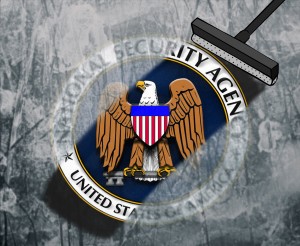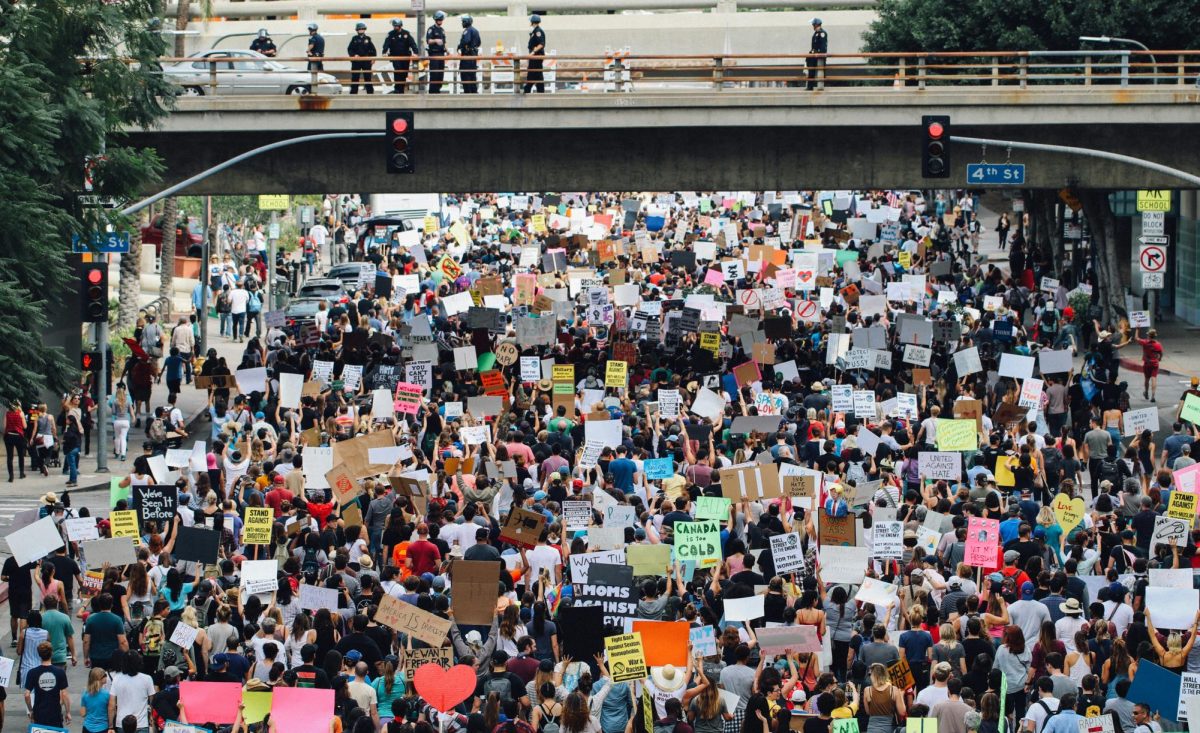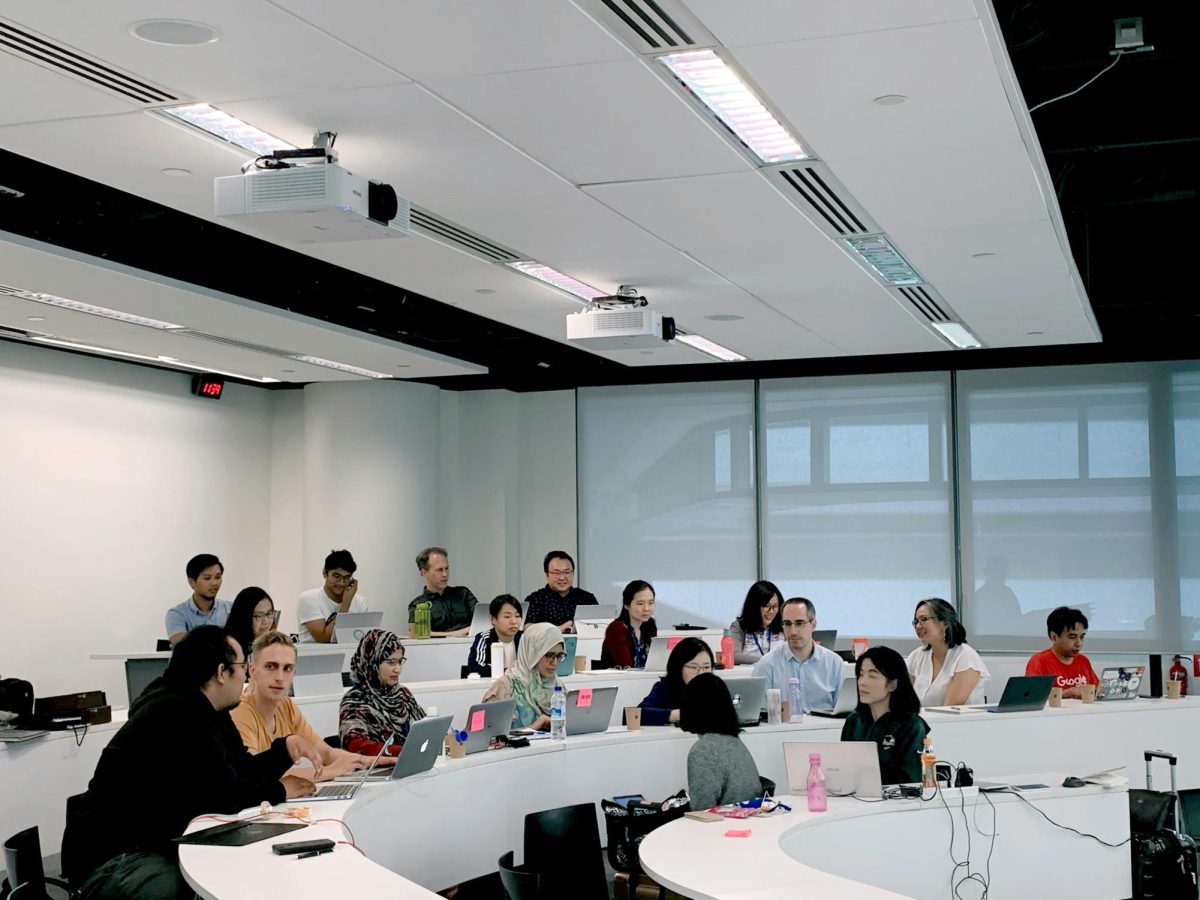
The National Security Agency’s enormous extraction of data from U.S. citizens raises questions not only because the privacy of innocent people was violated but also because of the way it was discovered.
NSA director James R. Clapper was questioned numerous times in Senate hearings about the possible mass surveillance of innocent American people.
On March 12, Sen. Ron Wyden, D-Ore., referenced the Foreign Intelligence Surveillance Act when he questioned Clapper.
He stated that the act did not specify the ability or extent to which the U.S. governing entities can pull information on domestic citizens.
Clapper explained there are restrictions against tracking American citizens and then denied that the NSA and other intelligence agencies use data mining methods to fight the war on terror.
On June 5, British newspaper The Guardian released a court order that demanded Verizon hand over call records, including details for domestic telephone calls, serial numbers, calling card numbers, and the time and duration of the calls, to the NSA.
On Aug. 13, The New York Times wrote that Edward Snowden contacted film director Laura Poitras, hoping to uncover a truth he felt he needed to share about the true nature of the NSA.
In January, Snowden revealed to Poitras that the NSA, in fact, had been involved in the data mining of U.S. citizens — two months before the hearing where Wyden questioned Clapper in the hearing.
There are two issues here.
First, Clapper lied and dishonesty from any government official should not be taken lightly.
Second, the manner in which Americans fight the war on terror supposedly involves large invasions of privacy.
The American people may have endorsed the Patriot Act, but perhaps this wasn’t what they had in mind.
The large search has yet to identify a significant number of American individuals responsible for the planning of terroristic attacks, if any.
This means the efforts of the NSA in terms of data mining were mostly in vain. The money spent here has essentially been wasted. The price U.S. citizens must pay for their safety is steadily on the rise, figuratively, as well.
The latest inflation of that price is espionage on its own people, an activity the American people never endorsed.
As U.S. citizens, we expect our government to be experts at what they do. They control the country. The ideas they have and decisions they make have an enormous effect on the daily lives of American people.
The NSA was expected to not only take care of the people but handle the privacy of the citizens with some level of skill.
The events of this summer showed that though they may be able to protect the U.S. from threats overseas, they cannot protect us from privacy violations here at home.
What could be more threatening is that the American people received an apology only for Clapper’s lying, not for the omission of the NSA’s activities which was the bigger issue at hand. This questions the U.S. government’s priorities.
A few will debate that the decision Snowden made was dishonorable, but the fact is his very powerful employer and, indirectly, the U.S. government could not control his actions or protect their assets — one being their credibility.
After the Snowden documents were leaked by The Guardian, it was also revealed the NSA cannot distinguish between foreign and domestic communications.
This is disheartening because the NSA is an intelligence agency, upheld by employees who are trained heavily in modern technology and communication. This speaks volumes about their standards.
This information crisis should mark a time in history where the government has been asked again by the people it serves to become more transparent and to build a better communication system between the people and all parts that make up the government.
This hiccup in history is yet another call for change.




























